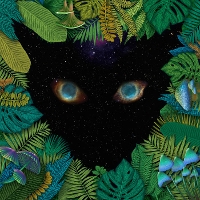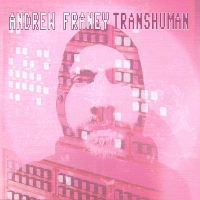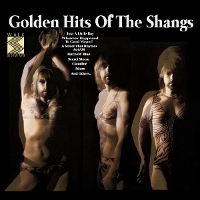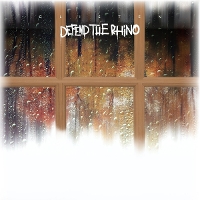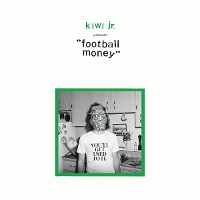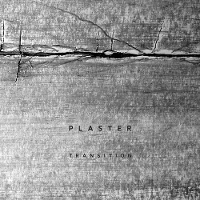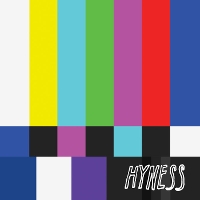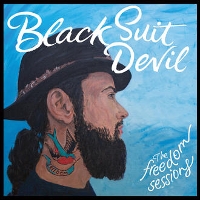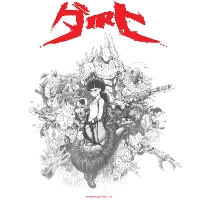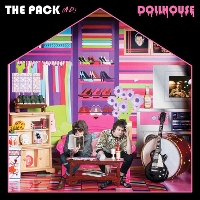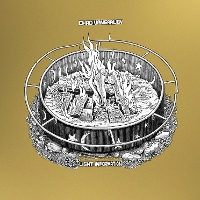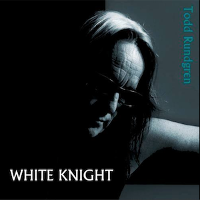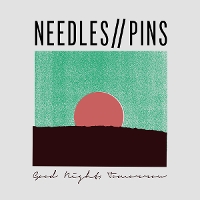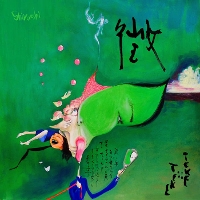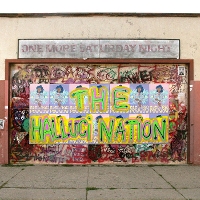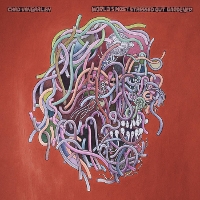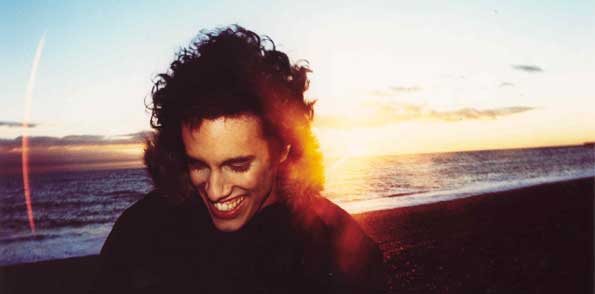
Kieran Hebden of Four Tet
Four Tet
10 years ago, Four Tet's Rounds altered the meaning of Electronic music.
"People do things that don't seem right, but they do it in an incredible, confident way and make a new sort of sound. It's always gonna be like that with electronic music--anybody ready to push it forward is who's going to count."
The first thing to sound on Rounds is a heartbeat. Then piano tremors. Glitched, fragments of percussion, and then a broke-up Rhodes stuck between starting and ending. Critics called it "folktronica" for the way it bent harps and guitar into hip-hop inflected breaks, but 10 years after Rounds' release, the album betrays that myopic description. Instead, it conjures something harder to pin down--something more personal and ephemeral than a hodgepodge of genre.
"I was just doing my own thing, trying to find my sound. I knew at the time, and I remember saying to people, "You can call it whatever you want now really, but time well tell and it will make sense and slot in with the music surrounding it,"' says Kieran Hebden of the aftermath in the decade following Rounds' release. Calling from upstate New York before his summer festival dates, the producer better known as Four Tet speaks candidly and lucidly about that pivotal moment in his career.
"I always talk about this when I talk about Rounds," says Hebden, "But when Brandy and Monica's 'Boy Is Mine' came out with harp samples on it, and then the Whitney Houston record with thumb pianos was released, "It's Not Right But It's Okay", both had been produced by Rodney Jerkins and both had massive influences on me at the time."
The idea of combining disparate instrumentation into a cohesive whole had already appeared in Four Tet's catalog. Previous albums Pause and Dialogue had used zithers, steel drums and bells to carve out beautiful, dream-like soundscapes out of samples, but with Rounds, Hebden sought to reduce his elements. Concentrating on making the most with the least material, songs like Rounds' centerpiece "Unspoken" arise. With just a skeletal backbeat, chimes, and a looped piano riff, the track unfolds as patiently as a novel over its nearly ten minute runtime. That its inception was a train ride Hebden took while listening to the drums and piano loop ad infinitum is almost too perfect a creation myth.
"At the time everybody was like "oh this is electronic music that doesn't sound electronic, it sounds organic," Hebden says of the response to the album. "Nowadays people are at ease with electronic music sounding like that. But I think that was the big influence for me at that time, this redefining what electronic sounds are. That it's not necessarily all about synthesizers--it became more about manipulation." Hebden points to American RnB/hip hop producers like the aforementioned Jerkins and Timbaland, who incorporated the brazen and bizarre, from flutes, to harps and djembes, into commercial pop productions.
Ten years on, many of Rounds' signature sounds have become almost shorthand. Kieran is the first to notice the kind of lazy journalism that precipitates name dropping Four Tet when faced with unconventional instrumentation. "I'll read an article about some musician and it'll be like "Oh this track has harps and bells on it, sounds like Four Tet." Which, to be fair, is a pretty impressive feat of association. But Hebden has never been one to keep rehashing the same ideas. Even in the climate of music he's clearly influenced, Hebden can, say, release an album of music that's nearly 15 years old and have it sound fresh. He put out 0181, a collage made from pieces of tracks unearthed from old CDRs found last year, by surprise in January and ended up garnering a hugely positive response from fans and critics alike. There's also the album he just produced for Syrian pop star, Omar Souleyman, which, is quite believably, full of "totally high energy shredding synth solos.`"
That Four Tet has managed to stay so relevant ten years on from his watershed moment is no surprise given his work ethic. I mean, this is a guy who, for the release of 0181, itself comprised of works created over a decade ago, turned to his visual artist and collaborator of 15 years, Jason Evans, and told him to find an image made from the same time (ie: made 15 years ago). He's the type of guy for whom making music "is just part of [his] day to day," and it just happens that those records he produces on his laptop between hanging out with his family sell out within minutes of their arrival at record stores across Europe. When I ask him what he thinks the future of electronic music holds he points to former schoolmate, Burial, as a prime example. "It's a reminder," he says, "that if anybody can find a way to come through with something that sounds different from anybody else using the sounds and textures we're familiar with but flipping them in a totally inconceivable, different way, that's who's going to matter.
It's sage advice from on high. And it's hard not to smile at how easy he makes it look. For him, making music is the most personal "when it's entwined with everything." Which makes sense: ten years on, and we're still trying to unravel all those knots in Rounds.
comments powered by Disqus

